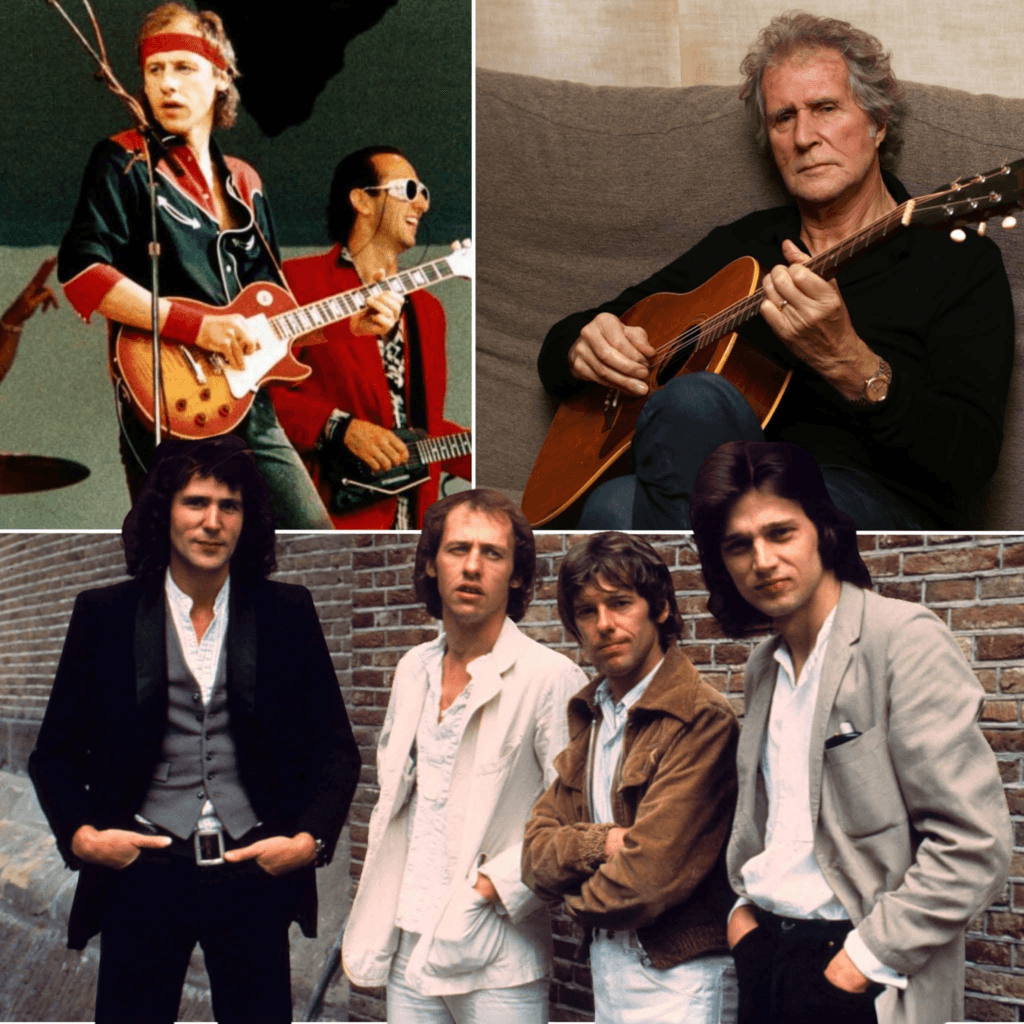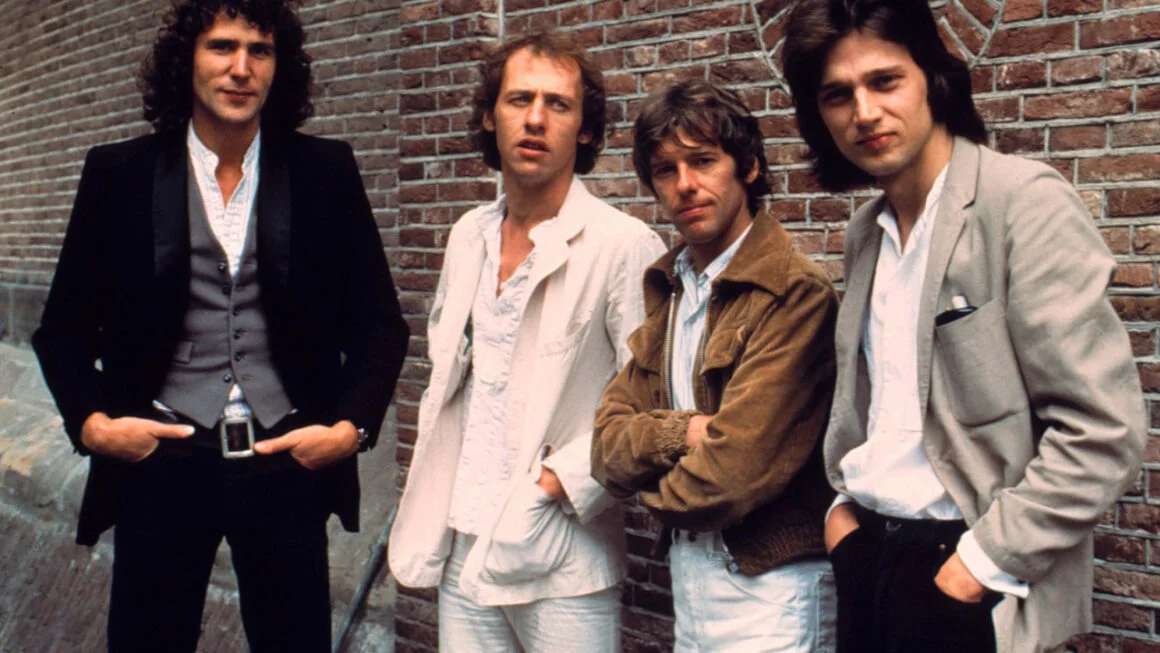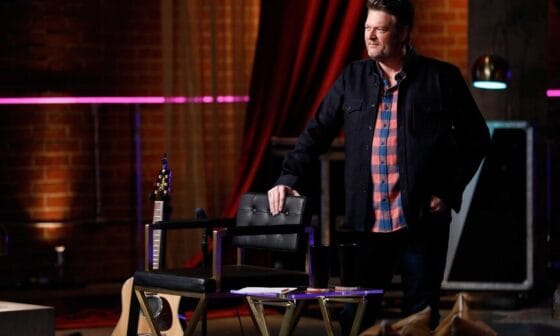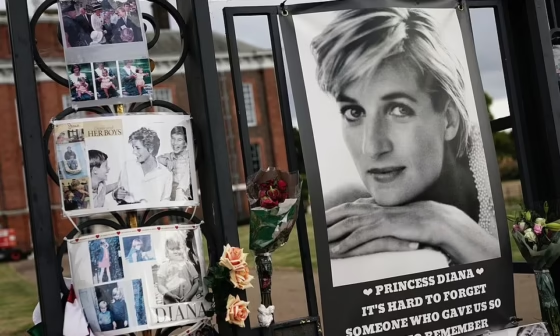It’s a story as old as rock & roll itself — a band rises to the top, only to fracture just when things seem perfect. The Beatles. Fleetwood Mac. Led Zeppelin. And yes, Dire Straits. All proof that even the greatest musical acts aren’t immune to internal conflict.
Why do so many iconic bands fall apart? The answer lies in the intense emotional nature of music itself.
Music connects us to emotions we often struggle to put into words. We love artists who make us feel understood — who turn pain, joy, and vulnerability into something beautiful. But for the musicians creating that magic, it’s a far more personal and often fragile process. Being in a band means sharing not just creative ideas, but emotional truths — and that can make disagreements feel deeply personal.
Add the chaos of fame, fortune, long tours, and creative pressure, and it’s easy to see how things unravel. Tastes evolve. Priorities shift. And when one member starts to take the lead, others can feel pushed aside — leading to tension that can’t be fixed by another hit record.

This dynamic was especially true for Dire Straits.
When the band first formed, Mark Knopfler wasn’t seeking the spotlight. A gifted but quiet guitarist, he simply wanted to play. Singing and fronting the band weren’t part of his original plan.
But success has a way of changing things.
As Dire Straits rose to fame, Mark naturally became the group’s creative force. His songwriting and vision began to guide the band’s direction — a shift that didn’t sit well with everyone, especially his younger brother, rhythm guitarist David Knopfler.
David believed the band should function as a democracy — that each member should have equal input. But as Mark’s role expanded, it felt less like collaboration and more like control.
Ed Bicknell, the band’s longtime manager, put it bluntly: “David thought the band should be a democracy, but to him, it became more like a brutal dictatorship. It wasn’t just about music — it was personal.”
John Illsley, the band’s bassist, echoed that sentiment with a bit of dry humor: “This has been going on since David was born.” While David was a solid musician, some felt his place in the band was more about being Mark’s brother than filling an essential role.
Ultimately, the emotional weight of family dynamics, artistic control, and diverging visions became too much. The band parted ways, not with a dramatic final performance, but through the quieter, more painful unraveling that often happens when art and ego collide.
Dire Straits left behind a legacy of timeless music — from Sultans of Swing to Brothers in Arms — but their breakup serves as a reminder: behind every brilliant band is a complex web of relationships, and sometimes, even the strongest bonds can’t survive the pressure.






